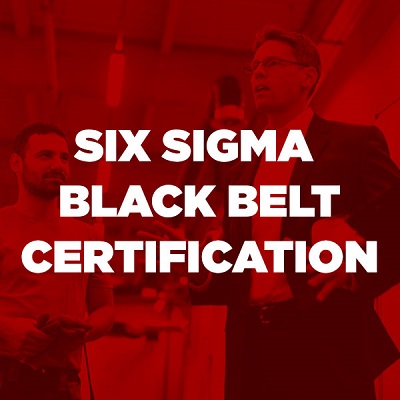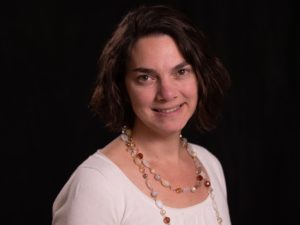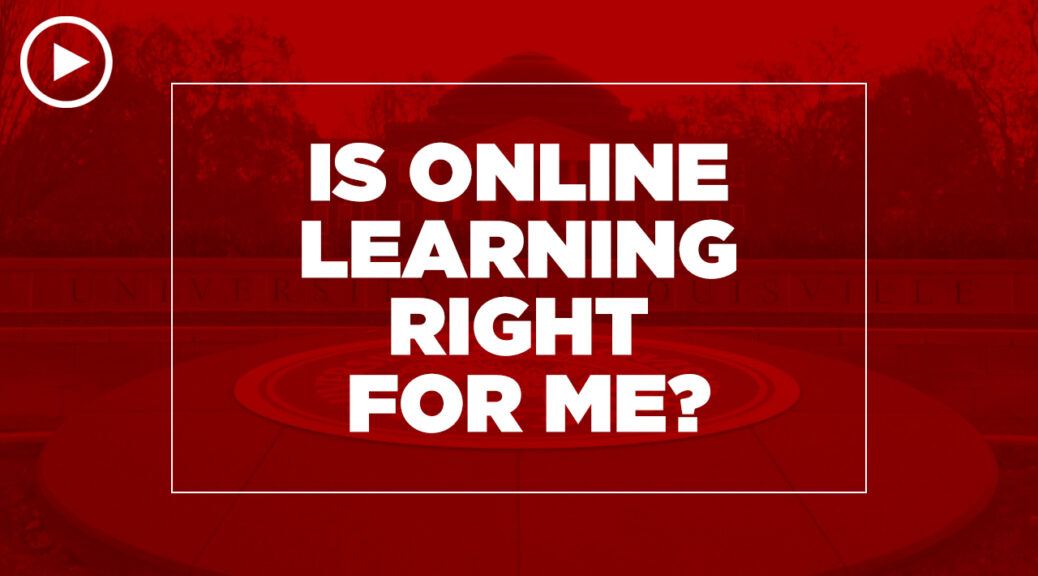
Become a better manager: business analytics is key
Does your organization look for data when deciding how to tackle a challenge or how to move forward? Are you regularly asked to support your business strategy with data? Are you pursuing your first or next leadership role? Want to become a better manager?
In a world where data is booming and businesses are expected to make data-driven decisions, understanding how to use, analyze and communicate effectively in key business analytics areas is now essential to success.
UofL’s new fully online Managerial Analytics Certificate equips current or aspiring business managers with the critical data management and data science expertise needed to make strategic business decisions in a fast-changing marketplace.
What is Managerial Analytics?
Managerial analytics focuses on skills in rapidly-developing and in-demand areas, targeting anyone looking to become a better manager through data-driven expertise. These areas include business analytics, artificial intelligence, blockchain, spreadsheet modeling, storytelling through data and more—all with a business management focus.
Who is this online business certificate designed for?
UofL’s online Managerial Analytics Certificate is designed for anyone with a bachelor’s degree that currently manages or aspires to manage some component of a business’ strategy, decision-making or implementation. Understanding how to look at data, results and forecasting can help you make more effective choices with confidence. The analytics expertise gained in this program can be applied to all areas of business, from marketing to sales, operations, finance, people management and more.

Benefits of UofL’s online Managerial Analytics Certificate
- Increase your functional knowledge in the rapidly growing field of data analytics as it applies to business management.
- Learn to apply analytics across business areas including, but not limited to: finance and forecasting, price optimization, customer acquisition, computer information systems, web page analysis, operations management, inventory planning and more.
- Develop your ability to communicate analysis and results through data visualization and data storytelling.
- Get a jump start on your MBA—credits earned in the certificate can count as 1/5 of your UofL online MBA. This combination delivers a powerful set of credentials, intended to empower you to overcome any challenge faced by the businesses of today and tomorrow as a result of continuous advancements in big data, artificial intelligence, and data analytics.
- Complete your business certificate in managerial analytics in as little as 2 semesters.
- Connect and network with other professionals across the industry.
- Learn when it’s convenient for you with 100% online courses and anywhere, anytime access.

The new online Managerial Analytics Certificate is offered through the College of Business at the University of Louisville. The College of Business is an AACSB accredited online school. Read more about our business programs.

 2020 has not been the year that we were all expecting!
2020 has not been the year that we were all expecting! During EM 685, the student will complete a black belt project and take a test through the Institute of Industrial and Systems Engineers. This is going to be a great addition to the program! EM 684 and EM 685 will be offered for the first time in spring 2021.
During EM 685, the student will complete a black belt project and take a test through the Institute of Industrial and Systems Engineers. This is going to be a great addition to the program! EM 684 and EM 685 will be offered for the first time in spring 2021.




